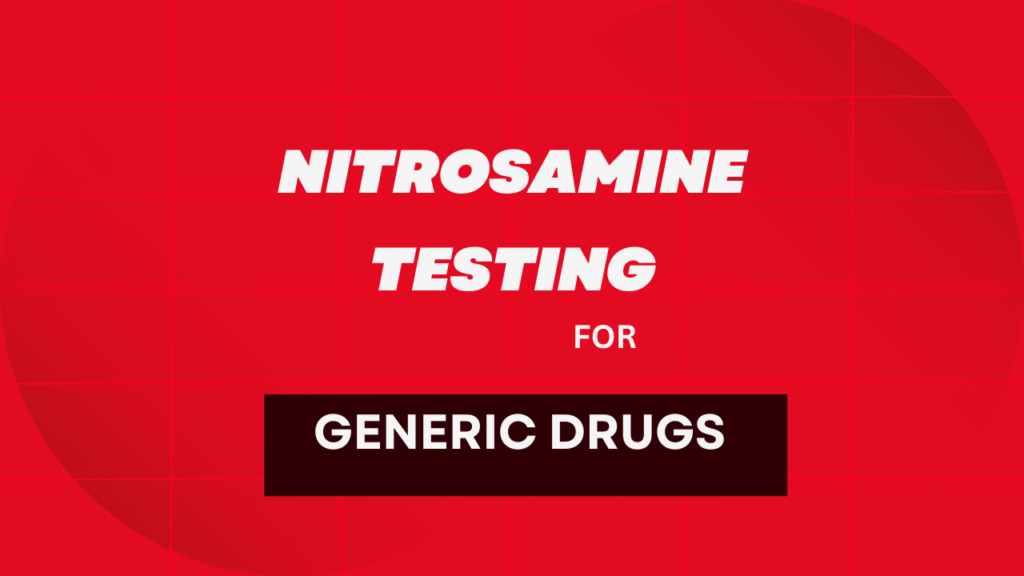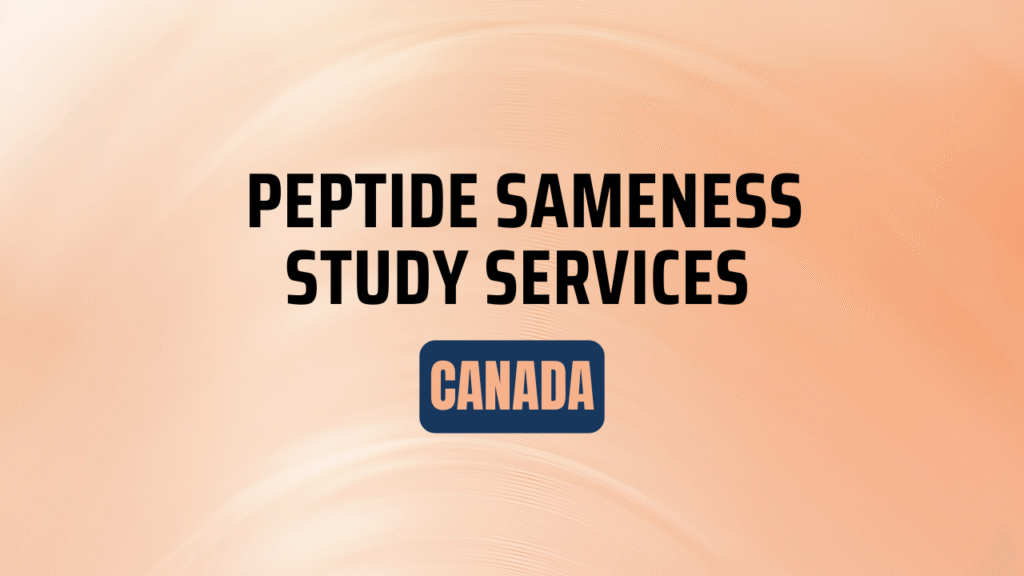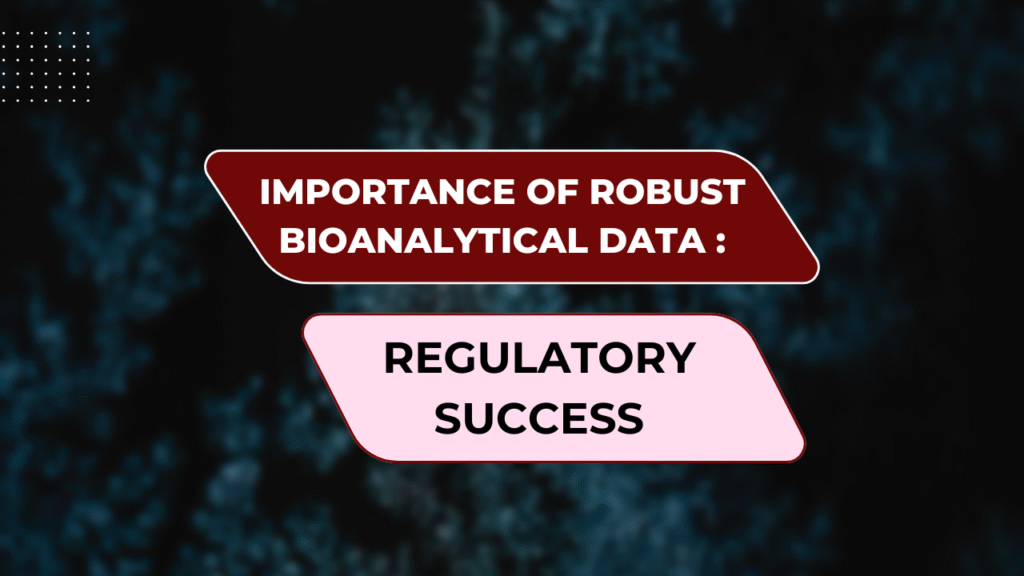
In an era of heightened environmental awareness, the demand for sustainable and biodegradable materials has surged. Biodegradable polymers, owing to their eco-friendly properties, are at the forefront of this revolution. Whether it’s for biomedical applications, packaging, agriculture, or industrial processes, selecting the right polymer synthesis company is critical to achieving high-quality, customized biodegradable polymers. In this blog, we will explore the factors to consider when choosing such a company, the benefits of custom polymer synthesis, and how these polymers contribute to sustainability.
Understanding Biodegradable Polymers
Biodegradable polymers are a class of polymers that decompose under natural environmental conditions through the action of microorganisms. They are derived either from renewable resources, such as plant starch, or synthesized chemically with properties tailored to specific applications.
Applications of Biodegradable Polymers
- Biomedical Industry: Used in drug delivery systems, tissue engineering, and surgical sutures.
- Packaging: Eco-friendly alternatives to single-use plastics.
- Agriculture: Mulch films and slow-release fertilizers.
- Consumer Goods: Biodegradable cutlery, bags, and household items.
Why Customization Matters in Polymer Synthesis
Customization in polymer synthesis allows for fine-tuning of properties to meet application-specific requirements, such as mechanical strength, degradation rate, and compatibility with other materials. For instance:
- Drug Delivery Systems: Require polymers with precise degradation rates to control drug release.
- Agricultural Applications: Need polymers that decompose within a season.
Custom synthesis ensures the polymer’s functionality aligns with its intended use, enhancing efficiency and performance.
Key Considerations When Choosing a Polymer Synthesis Company
1. Expertise in Biodegradable Polymers
Look for a company with a proven track record in synthesizing biodegradable polymers. Check their portfolio and case studies to evaluate their expertise.
2. Customization Capabilities
The ability to tailor polymers to specific requirements is a hallmark of a top-tier synthesis company. Inquire about:
- Monomer Selection: Can they use renewable monomers?
- Polymer Properties: Are they capable of adjusting molecular weight, hydrophobicity, and biodegradation rates?
3. Advanced Technology and Facilities
Cutting-edge technology ensures precision and scalability. Verify if the company employs:
- State-of-the-art reactors for polymerization.
- Analytical instruments like GPC (Gel Permeation Chromatography) for molecular weight distribution.
4. Regulatory Compliance
Ensure the company adheres to relevant industry standards and environmental regulations. For biomedical applications, compliance with FDA and ISO standards is crucial.
5. Sustainability Practices
Sustainability isn’t just about the end product. The manufacturing process should also minimize environmental impact. Check if the company:
- Uses renewable raw materials.
- Employs energy-efficient production methods.
6. Collaboration and Support
A good synthesis partner collaborates closely, offering guidance on material selection, process optimization, and application development.
Steps in Custom Polymer Synthesis
Understanding the synthesis process provides insights into a company’s capabilities. Here are the typical steps:
1. Consultation and Requirement Analysis
The process begins with understanding the client’s requirements, such as the application, desired properties, and environmental considerations.
2. Monomer Selection
Monomers are chosen based on:
- Compatibility with the application.
- Availability of renewable options.
3. Polymerization
Various techniques, such as ring-opening polymerization (ROP) or step-growth polymerization, are employed depending on the polymer type.
4. Post-Processing
Post-synthesis modifications, such as surface functionalization, enhance polymer properties like adhesion or hydrophobicity.
5. Quality Control and Testing
Every batch undergoes rigorous testing for:
- Molecular Weight: Determines polymer strength.
- Thermal Properties: Analyzed via TGA and DSC.
- Degradation Rate: Ensures the polymer meets biodegradability standards.
Advantages of Choosing the Right Polymer Synthesis Company
High-Quality Products
Expert companies ensure consistent quality, which is critical for applications like drug delivery.
2. Cost-Effectiveness
Efficient processes and optimized formulations reduce material and operational costs.
3. Faster Time-to-Market
Experienced companies streamline the development process, accelerating commercialization.
4. Innovation Support
Collaborating with a knowledgeable team fosters innovation in polymer applications.
How Biodegradable Polymers Drive Sustainability
Reduction of Plastic Pollution
Biodegradable polymers decompose into natural substances, reducing the burden of non-degradable waste.
2. Lower Carbon Footprint
Polymers derived from renewable resources have a significantly smaller carbon footprint compared to traditional plastics.
3. Enhancing Circular Economy
Biodegradable polymers can integrate into composting systems, closing the loop in material lifecycles.
Top Questions to Ask a Polymer Synthesis Company
- What biodegradable polymers have you developed previously?
- Can you customize degradation rates for specific applications?
- Do you use renewable or sustainable raw materials?
- What quality control measures do you have in place?
- How do you ensure regulatory compliance?
REFERENCES
- Gross RA, Kalra B. Biodegradable polymers for the environment. Science. 2002 Aug 2;297(5582):803-7.
- Gunatillake P, Mayadunne R, Adhikari R. Recent developments in biodegradable synthetic polymers. Biotechnology annual review. 2006 Jan 1;12:301-47.
- Mohanty AK, Wu F, Mincheva R, Hakkarainen M, Raquez JM, Mielewski DF, Narayan R, Netravali AN, Misra M. Sustainable polymers. Nature Reviews Methods Primers. 2022 Jun 16;2(1):46.
GET IN TOUCH
Partner with ResolveMass Laboratories Inc. for cutting-edge custom polymer synthesis solutions. Contact us today to discuss your requirements and transform your ideas into high-quality, biodegradable polymers.
Nitrosamine Testing for Generic Drugs: Selecting the Right CRO
Introduction Nitrosamine Testing for Generic Drugs has become a regulatory-critical and business-sensitive requirement in today’s…
Case Study: Unknown Impurity Identification in a Generic Drug Product
Introduction: The detection and characterization of unknown impurities in generic drug products is a critical…
Peptide Sameness Study Services in Canada
Introduction: Peptide Sameness Study Services in Canada are essential for pharmaceutical companies seeking regulatory approval…
Complete Guide to Peptide Sameness Study for ANDA Submission
Introduction: A Peptide Sameness Study for ANDA is one of the most critical scientific requirements…
The Importance of Robust Bioanalytical Data for Regulatory Success
Introduction: Robust Bioanalytical Data is the foundation of regulatory success in drug development. Without accurate,…
Best CRO for ANDA Development and Regulatory Support
Introduction Selecting the Best CRO for ANDA Development and Regulatory Support is a strategic decision…







